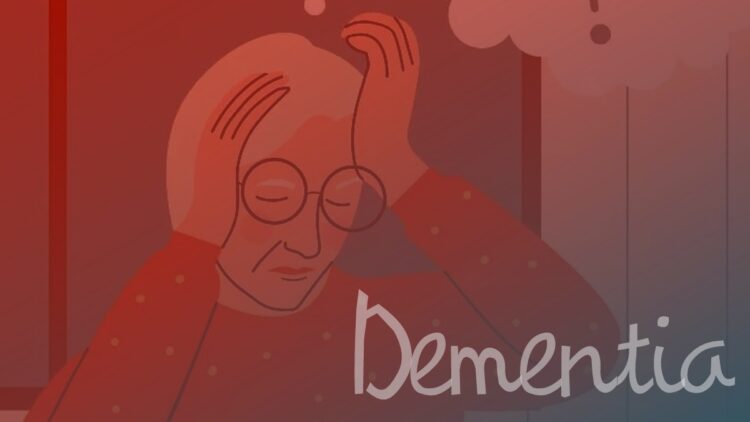Dementia is a complex neurological condition that affects millions of people worldwide, yet misconceptions about its onset and symptoms persist. One common myth suggests that dementia begins when a person utters a specific phrase like, “Where am I?” or “What’s my name?” However, medical research and expert analysis debunk this notion, emphasizing that dementia develops through biological changes in the brain rather than the sudden emergence of a particular statement.
Understanding Dementia and Its Causes
Dementia is not a singular disease but a term encompassing multiple conditions, including Alzheimer’s disease, vascular dementia, and Lewy body dementia. These disorders gradually impair cognitive function due to the deterioration of brain cells. The progression is influenced by factors such as genetics, lifestyle, and overall brain health.
Repetitive Questions and Cognitive Decline
It is true that individuals with dementia may frequently ask about their location or personal details, but this is a symptom rather than a cause. As cognitive function declines, affected individuals may struggle with memory recall and verbal expression, leading to repeated questions or phrases. However, repeating certain phrases does not automatically indicate dementia, as this behavior can also result from stress, fatigue, or other medical conditions.
Diagnosing Dementia
Diagnosing dementia involves a comprehensive medical evaluation, including:
- Medical History Review: Assessing past health issues and family history.
- Cognitive and Neurological Tests: Evaluating memory, problem-solving abilities, and cognitive function.
- Brain Imaging: Using MRI or CT scans to detect structural changes.
- Laboratory Tests: Identifying potential underlying conditions contributing to symptoms.
A professional diagnosis from a healthcare provider is essential for accurately identifying dementia and developing an appropriate care plan.
Dispelling Myths to Support Better Understanding
Misinformation about dementia can delay proper diagnosis and treatment. Instead of relying on myths, it is crucial to promote awareness and accurate knowledge about the condition. Educating the public helps reduce stigma and ensures that individuals and families affected by dementia receive the support and resources they need.
Understanding dementia as a medical condition rather than a myth-based phenomenon fosters a more compassionate and informed approach to care. By recognizing the true signs and seeking professional guidance, we can enhance the quality of life for those living with dementia and their loved ones.
















